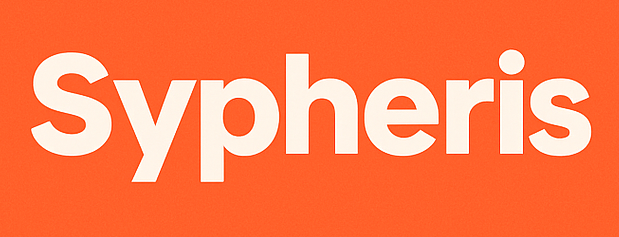Welcome to the definitive guide to the best investment broker platforms in the USA for 2025. Whether you’re making your first trade or you’re a seasoned investor looking for a new home for your portfolio, choosing the right brokerage account is the most critical first step toward achieving your financial goals. In a world where low fees are the new standard and technology makes investing more accessible than ever, the options can feel overwhelming.
We’ve done the heavy lifting for you, analyzing dozens of platforms to identify the leaders in the industry. This guide will walk you through our top 10 picks, detail our rigorous selection process, and provide you with the essential knowledge to confidently choose the platform that aligns perfectly with your investment style. Let’s unlock your potential for high returns by starting with the right foundation—your brokerage account.
Our 10 Best Brokerage Account Picks
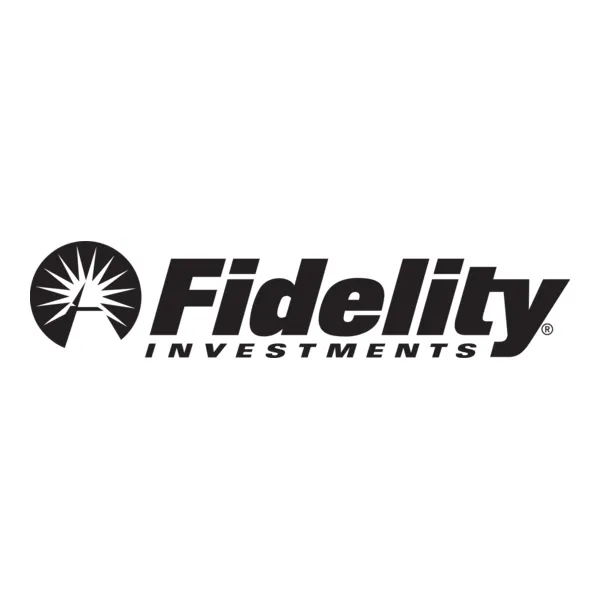
Fidelity Investments
⭐4.6/5
Stock/ETF trades:
$0
Options trades:
$0.65/contract fee
Account minimum:
$0
- Investment Options: Stocks, ETFs, mutual funds, options, bonds, fractional shares.
- User Perks: 24/7 customer support, extensive educational resources, and high-yield cash management (4.5% APY on uninvested cash as of June 2025).
- Eligibility: Open to US residents with no minimum deposit.
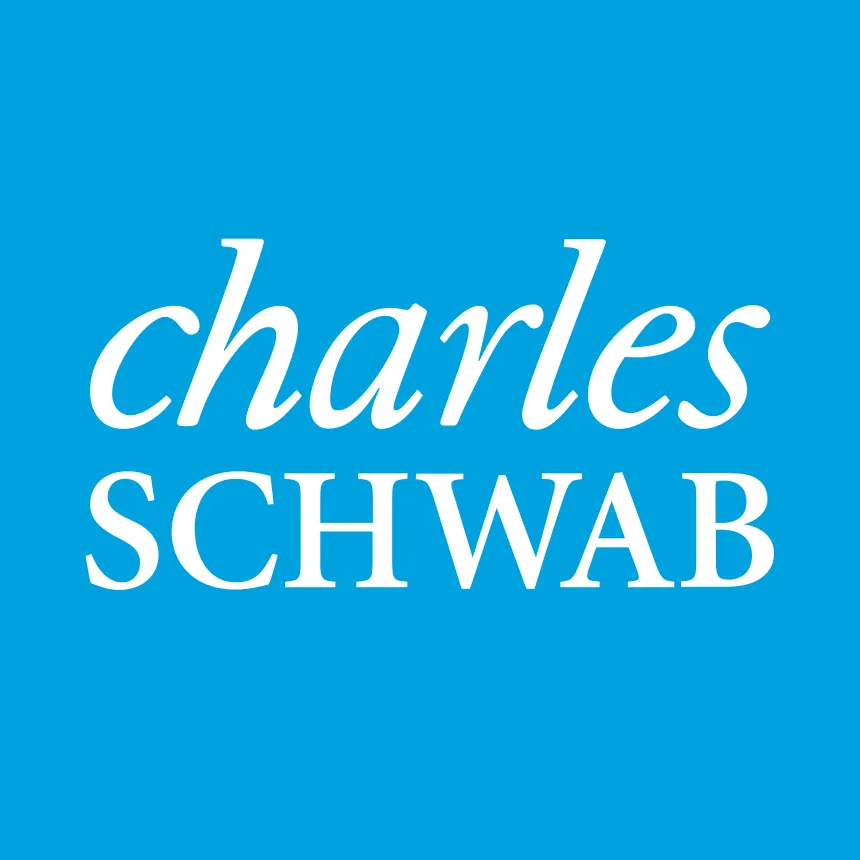
Charles Schwab
⭐4.6/5
Stock/ETF trades:
$0
Options trades:
$0.65/contract fee
Account minimum:
$0
- Investment Options: Stocks, ETFs, mutual funds, options, futures, bonds, fractional shares.
- User Perks: 24/7 customer support, in-depth research (Morningstar, Schwab Equity Ratings), and $0 expense ratio index funds.
- Eligibility: US residents with no minimum deposit.
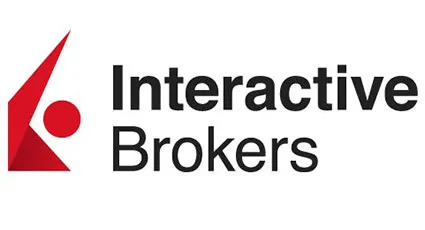
Interactive Brokers
⭐4.6/5
Stock/ETF trades:
$0
Options trades:
$0.65/contract fee
Account minimum:
$0
- Investment Options: Stocks, ETFs, options, futures, forex, bonds, mutual funds.
- User Perks: Global market access, paper trading for practice, and CFA-accredited educational resources.
- Eligibility: US residents with a minimum of $0 (though $10,000 recommended for full features).

Robinhood
⭐4.6/5
Stock/ETF trades:
$0
Options trades:
$0
Account minimum:
$0
- Investment Options: Stocks, ETFs, options, crypto, fractional shares.
- User Perks: Beginner-friendly interface, no account minimum, and educational content via Robinhood Learn.
- Eligibility: US residents with no minimum deposit.
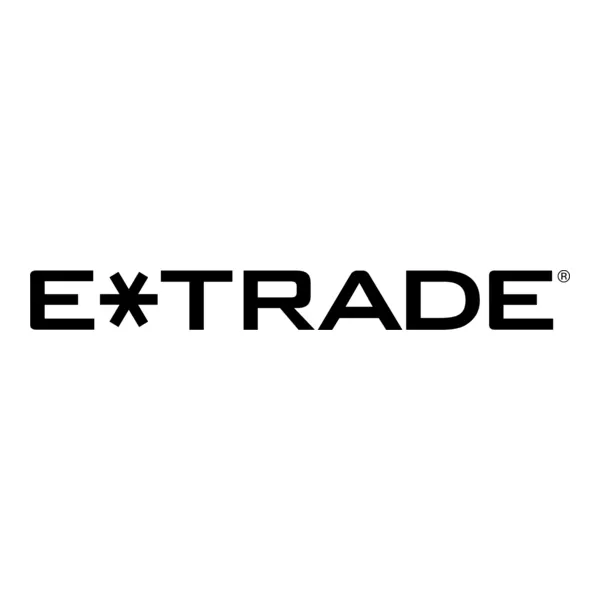
E*TRADE (Morgan Stanley)
⭐4.6/5
Stock/ETF trades:
$0
Options trades:
$0.65/contract fee
Account minimum:
$0
- Investment Options: Stocks, ETFs, mutual funds, options, futures, bonds.
- User Perks: Robust research (Morningstar, MarketEdge), 24/7 customer support, and free financial planning tools.
- Eligibility: US residents with no minimum deposit.
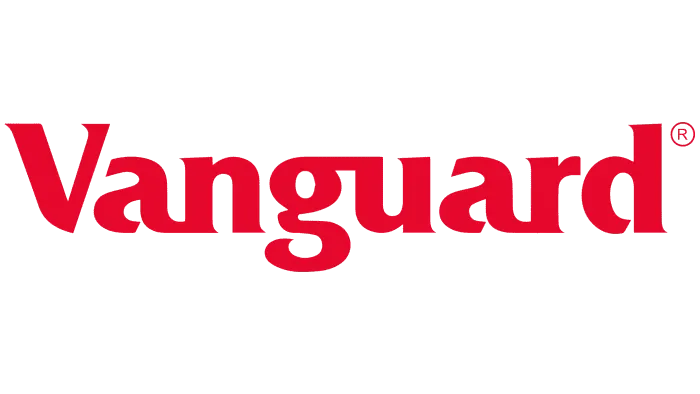
Vanguard
⭐4.6/5
Stock/ETF trades:
$0
Options trades:
some mutual funds have $20 fee
Account minimum:
$0
- Investment Options: Stocks, ETFs, mutual funds, bonds.
- User Perks: Long-term investing focus, extensive retirement planning tools, and high-yield cash options.
- Eligibility: US residents with no minimum deposit.

Public
⭐4.6/5
Stock/ETF trades:
$0
Options trades:
$0 (rebates $0.06-$0.18 per contract)
Account minimum:
$0
- Investment Options: Stocks, ETFs, options, bonds, crypto, fractional shares.
- User Perks: Social investing community, beginner-friendly app, and transparent fee structure.
- Eligibility: US residents with no minimum deposit.
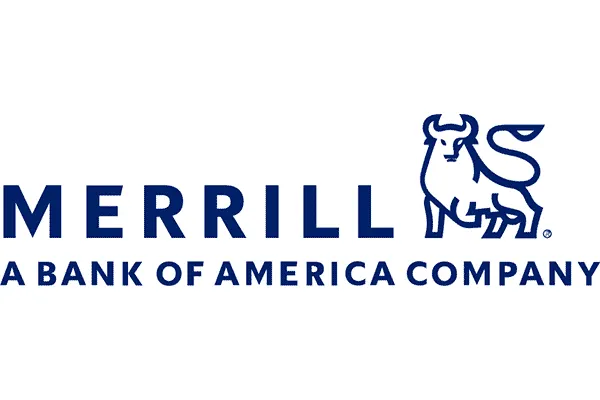
Merrill Edge
⭐4.6/5
Stock/ETF trades:
$0
Options trades:
$0.65/contract fee
Account minimum:
$0
- Investment Options: Stocks, ETFs, mutual funds, options, bonds.
- User Perks: Personalized advice via Merrill Guided Investing (0.45% annual fee), 24/7 customer support, and free trading for Bank of America clients.
- Eligibility: US residents with no minimum deposit.
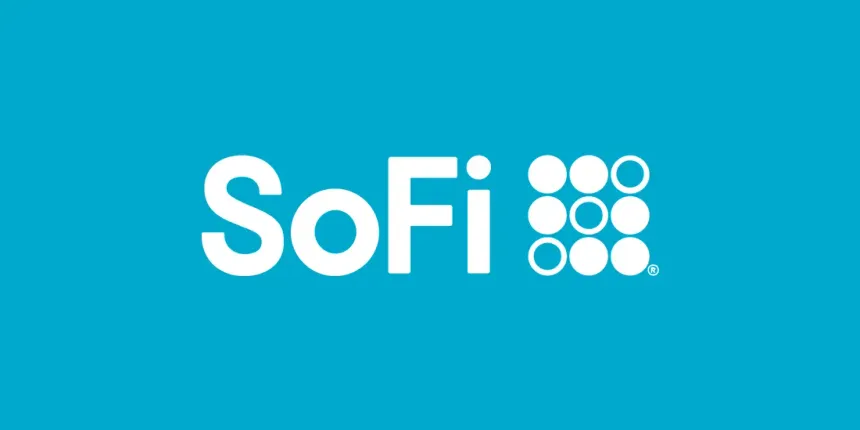
SoFi Invest
⭐4.6/5
Stock/ETF trades:
$0
Options trades:
$0
Account minimum:
$0
- Investment Options: Stocks, ETFs, fractional shares, crypto.
- User Perks: Financial planning tools, career coaching, and a $1,000 bonus for new accounts with $50+ deposit (promo ends June 30, 2025).
- Eligibility: US residents with no minimum deposit.
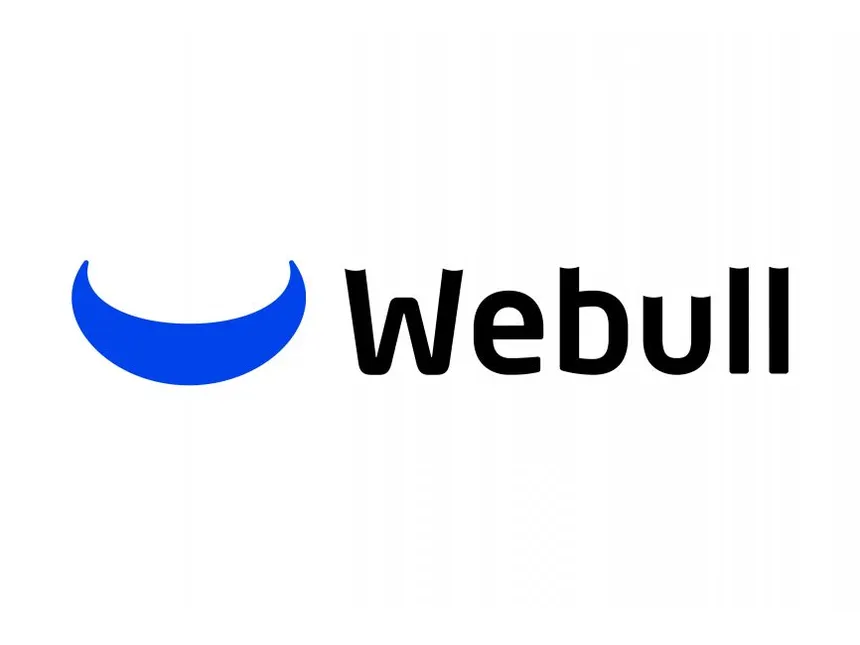
Webull
⭐4.6/5
Stock/ETF trades:
$0
Options trades:
$0
Account minimum:
$0
- Investment Options: Stocks, ETFs, options, crypto, fractional shares.
- User Perks: Free stock (up to $300 value) for new users, paper trading for practice, and a highly rated mobile app.
- Eligibility: US residents with no minimum deposit.
What are brokerage accounts and what should you be careful about?
A brokerage account is a specialized financial account that allows you to buy, sell, and hold investments like stocks, bonds, mutual funds, and exchange-traded funds (ETFs). Think of it as your gateway to the financial markets. You deposit money into the account, just like a bank account, but instead of just earning interest, you use those funds to purchase securities you believe will grow in value over time. These accounts are offered by investment broker platforms, which act as the intermediary between you and the stock exchanges.
While opening an account is easier than ever, beginners should be careful about a few key things:
- Understanding Fees: While many platforms boast “$0 commissions,” this often only applies to online stock and ETF trades. Be vigilant about other potential costs, such as options contract fees, mutual fund transaction fees, account maintenance fees, wire transfer fees, and inactivity fees. These can quietly eat into your returns if you’re not paying attention.
- The Risk of Over-Trading: The ease of use of modern apps can make trading feel like a game. This can lead to impulsive decisions and over-trading, racking up potential costs and making it difficult to stick to a long-term strategy.
- Using Margin Wisely: Margin allows you to borrow money from your broker to invest more, amplifying potential gains. However, it also dramatically amplifies potential losses. For beginners, it’s a high-risk tool that should be avoided until you have significant experience and a deep understanding of the risks involved.
- Ensuring Protection: Only use platforms that are members of the Securities Investor Protection Corporation (SIPC). SIPC protects the securities in your account for up to $500,000 (including $250,000 for cash claims) in the rare event the brokerage firm fails.
How We Chose These Platforms
Selecting the best investment broker platforms for 2025 required a comprehensive evaluation process rooted in the factors that matter most to modern investors. Our goal was to identify platforms that not only provide exceptional value but also empower users to make smarter financial decisions. We didn’t just look at one or two features; we analyzed each broker across a wide spectrum of criteria to ensure a well-rounded and objective ranking. Here’s a detailed look at our methodology.
First and foremost, we prioritized low or no fees. In today’s competitive landscape, high commissions are a relic of the past. We focused on platforms offering $0 commission on online stock and ETF trades and scrutinized their entire fee structure. This included options contract fees, mutual fund costs, account maintenance charges, and transfer fees. The low-fee investment platforms that made our list offer transparent and minimal pricing, ensuring that more of your money stays invested and working for you. A non-negotiable criterion was the absence of a minimum deposit requirement, making these platforms accessible to everyone, regardless of their starting capital.
Next, we assessed the variety of investment options. The best brokers provide access to a wide range of securities, allowing you to build a truly diversified portfolio. We evaluated the availability of stocks, ETFs, options, mutual funds, bonds, and even alternative assets like cryptocurrency. Platforms offering fractional shares scored highly, as this feature allows beginners to invest in high-priced stocks with just a few dollars.
Platform usability and technology were also critical components of our review. An investment platform should be intuitive for a beginner but powerful enough for an expert. We tested both desktop and mobile applications, looking for clean interfaces, easy navigation, and reliable performance. Advanced charting tools, quality stock screeners, and seamless order entry were key features we looked for in the top investment platforms 2025.
Finally, we recognized that investing can be complex, so customer support and educational resources were heavily weighted. We favored brokers that offer robust support through multiple channels like phone, live chat, and email, with extended hours. Furthermore, the best brokers for investors are those that invest in their clients’ knowledge. We examined the quality and breadth of educational materials, including articles, webinars, video tutorials, and market analysis, to find platforms committed to helping you grow as an investor.
Tips for Choosing the Best Brokerage Account
The perfect brokerage account is a personal choice, tailored to your individual needs and goals. With so many excellent options, making the right decision can feel daunting. Here’s some practical advice to help you navigate the process and answer the question, ‘How to choose a brokerage account?’
1. Align the Broker with Your Investment Goals: Are you a long-term, buy-and-hold investor focused on retirement? A platform like Vanguard, with its low-cost index funds and ETFs, might be ideal. Are you an active trader who wants to capitalize on short-term market movements? Look for a broker like Interactive Brokers or Webull, which offer advanced charting tools, fast execution, and low per-contract options fees. If you’re a complete beginner, a user-friendly platform with strong educational resources, like Fidelity or Charles Schwab, is an excellent starting point.
2. Scrutinize the Fee Structure: Don’t be swayed by the “$0 commission” headline alone. Dig deeper. If you plan to trade options, compare the per-contract fees ($0.65 is standard, but some offer $0). If you’re interested in mutual funds, check for no-transaction-fee (NTF) fund availability. Also, be aware of miscellaneous fees for things like wire transfers or requesting paper statements. Choosing one of the low-fee investment platforms that aligns with your specific trading habits is crucial.
3. Test Drive the Platform: Usability is key. Most best investment brokers for beginners have incredibly intuitive mobile apps and web platforms. Before committing, watch video reviews, look at screenshots of the interface, and see if it feels right for you. Is the layout clean? Can you easily find the information you need? A clunky, confusing platform can lead to frustration and costly mistakes. Your broker’s platform should feel like a tool that helps you, not a puzzle you have to solve.
4. Check for Support and Educational Resources: When you have a problem or a question, you want help to be readily available. Check the broker’s customer service hours and contact methods (24/7 phone support is a huge plus). Beyond problem-solving, look at their commitment to investor education. The best platforms offer extensive libraries of articles, courses, and webinars that can help you grow from a novice to a confident investor. This support system is invaluable, especially in the early stages of your investing journey.
By considering these factors, you can move beyond the marketing and find a brokerage account that truly serves as a long-term partner in your financial growth.
A Detailed Review of the Top 10 Best Investment Broker Platforms for 2025
1. Fidelity Investments
- Overview: Fidelity is a titan in the investment world, offering a remarkably comprehensive platform that excels in nearly every category. It’s an industry leader that caters to everyone from first-time investors to sophisticated traders.
- Pros:
- $0 commissions for online stock, ETF, and options trades.
- No account fees or minimums to open an account.
- Industry-leading research and educational resources from dozens of third-party providers.
- Top-tier mobile app (Fidelity) and powerful desktop platform (Active Trader Pro).
- Offers proprietary ZERO index funds with no expense ratio.
- Fractional shares available for stocks and ETFs.
- Excellent 24/7 customer service.
- Cons:
- $0.65 per-contract fee for options, while some competitors are free.
- No futures trading.
- Best For: All Investors. Fidelity is arguably the best all-around platform, making it a top choice for beginners, long-term investors, and active traders alike.
2. Charles Schwab
- Overview: Following its acquisition of TD Ameritrade, Charles Schwab has become a powerhouse, combining its long-standing reputation for customer service with the elite trading technology of the thinkorswim® platform.
- Pros:
- $0 commissions for online stock and ETF trades.
- No account minimum deposit.
- Access to the legendary thinkorswim® trading platforms for serious traders.
- Excellent research, market commentary, and educational tools.
- Large selection of no-transaction-fee mutual funds.
- 24/7 customer service and access to physical branches.
- Cons:
- The standard Schwab mobile app can feel less modern than competitors.
- The interest rate paid on uninvested cash is very low.
- Fractional shares are limited to S&P 500 stocks.
- Best For: Investors Seeking a Full-Service Relationship. Schwab is ideal for those who want outstanding customer service, access to powerful tools, and the option for in-person guidance.
3. Interactive Brokers (IBKR)
- Overview: Interactive Brokers is the go-to platform for serious, active, and global traders. It offers unparalleled access to international markets, the lowest margin rates, and an incredibly powerful suite of trading tools.
- Pros:
- IBKR Lite plan offers $0 commissions on US stocks and ETFs.
- IBKR Pro plan has extremely low per-share pricing and the best margin rates in the industry.
- Direct access to over 150 markets in 34 countries.
- The Trader Workstation (TWS) platform is one of the most advanced available.
- Wide range of tradable assets, including stocks, options, futures, forex, and bonds.
- Cons:
- The platform can have a steep learning curve and may be overwhelming for true beginners.
- While data is extensive, it can feel less curated than at Fidelity or Schwab.
- Best For: Active, Advanced, and Global Traders. If your focus is on frequent trading, options strategies, or international investing, IBKR is in a class of its own.
4. Robinhood
- Overview: Robinhood pioneered the commission-free trading revolution with its mobile-first platform. It’s known for its incredibly simple, streamlined interface that makes it easy for anyone to start investing.
- Pros:
- Commission-free trading of stocks, ETFs, options, and cryptocurrencies.
- No per-contract fees for options trades.
- Intuitive and easy-to-use mobile app, perfect for beginners.
- Fractional shares make it easy to invest with small amounts.
- Robinhood Gold offers a high yield on uninvested cash and a 3% IRA match.
- Cons:
- Limited research and analytical tools compared to full-service brokers.
- Customer support has historically been a weak point, though it is improving.
- Primarily focused on mobile, with a less robust desktop experience.
- Best For: Beginners and Options Traders. Robinhood’s simplicity is its greatest strength, making it one of the best brokers for beginners. The no-fee options trading is a major draw for more active users.
5. E*TRADE
- Overview: Now part of Morgan Stanley, E*TRADE is a well-established online broker with a fantastic range of tools suitable for both new and experienced investors. It boasts two excellent trading platforms and a wealth of educational content.
- Pros:
- $0 commissions on online stock, ETF, and options trades.
- No account minimums.
- Two great platforms: The easy-to-use E*TRADE Web/Mobile and the powerful Power E*TRADE for active traders.
- Extensive library of educational resources, including articles, videos, and webinars.
- Good selection of investments, including futures trading.
- Cons:
- $0.65 options contract fee.
- The user experience can feel a bit fragmented between its two platforms.
- Best For: All-Around Investors. E*TRADE provides a solid, well-rounded experience with a clear growth path from its beginner platform to its advanced one.
6. Vanguard
- Overview: Vanguard is synonymous with long-term, low-cost investing. While not designed for active traders, its client-owned structure means its focus is squarely on keeping costs low for its investors, particularly through its world-renowned ETFs and mutual funds.
- Pros:
- Home to some of the lowest-cost ETFs and mutual funds in the industry.
- Commission-free trading for stocks and ETFs.
- A strong focus on diversification and long-term financial planning.
- Ideal for retirement savers and passive, buy-and-hold investors.
- Cons:
- The platform and mobile app are basic and lack the advanced tools of competitors.
- Not suitable for active or options traders.
- Research and data are less comprehensive than at other major brokers.
- Best For: Long-Term Passive Investors. If your strategy is to build a diversified portfolio of low-cost funds and hold it for decades, Vanguard is the undisputed champion.
7. Public
- Overview: Public.com is a modern investment platform that combines traditional stock investing with access to alternative assets and a social community layer. It stands out by not participating in Payment for Order Flow (PFOF) for equities.
- Pros:
- Commission-free trading of stocks, ETFs, and options, with no per-contract fees.
- Offers investing in alternative assets like fine art, royalties, and collectibles.
- Access to cryptocurrencies and bonds.
- Offers a high-yield cash account with competitive interest rates.
- Social features allow you to see what others are trading and share insights.
- Cons:
- The range of research tools is less extensive than at traditional brokers.
- Best suited for mobile use.
- Best For: Modern Diversifiers. Public is perfect for investors who want to build a portfolio of stocks, ETFs, and crypto, and then diversify further with unique alternative assets, all on one platform.
8. Merrill Edge
- Overview: As the brokerage arm of Bank of America, Merrill Edge offers seamless integration for existing BofA customers, providing unique benefits through the Preferred Rewards program.
- Pros:
- $0 commissions for online stock and ETF trades.
- Excellent benefits for Bank of America Preferred Rewards members, including discounts and reward boosts.
- Strong research offerings, including Bank of America Global Research.
- Access to professional guidance from Merrill financial advisors.
- Cons:
- No fractional shares available.
- The platform is solid but less feature-rich than top competitors.
- Best benefits are reserved for those with high balances across Bank of America and Merrill.
- Best For: Bank of America Customers. The synergy between banking and investing makes this a compelling choice for anyone already in the BofA ecosystem.
9. SoFi Invest
- Overview: SoFi offers an all-in-one financial app that includes active investing, automated investing (robo-advisor), banking, and loans. It’s designed to be a one-stop shop for managing your entire financial life.
- Pros:
- Commission-free trading of stocks, ETFs, and options with no contract fees.
- Ability to buy fractional shares (Stock Bits).
- Seamless integration with SoFi’s checking, savings, and loan products.
- Offers both active, self-directed investing and an automated robo-advisor service.
- Access to complimentary certified financial planners for members.
- Cons:
- Trading tools and research are very basic compared to leading platforms.
- Limited account types available.
- Best For: All-in-One Finance Users. SoFi is ideal for individuals who want the convenience of having their investing, banking, and borrowing all managed within a single, user-friendly app.
10. Webull
- Overview: Webull is built for the tech-savvy active trader. It offers a sophisticated and feature-rich mobile and desktop platform for free, targeting those who prioritize technical analysis and advanced charting.
- Pros:
- Commission-free trading of stocks, ETFs, and options, with no per-contract fees.
- Excellent charting tools with dozens of technical indicators and drawing tools.
- Includes a full-featured paper trading account to practice strategies.
- Extended trading hours for pre-market and after-hours sessions.
- Cons:
- Educational resources and fundamental research are very limited.
- No mutual funds or bonds available.
- May be too complex for absolute beginners focused on long-term investing.
- Best For: Active and Technical Traders. Webull provides professional-grade tools and charts for free, making it one of the best platforms for short-term traders who rely on technical analysis.
Frequently Asked Questions (FAQ)
Q1: What is the best investment broker for beginners in 2025? For most beginners, Fidelity Investments is the best choice. It combines a user-friendly platform with zero fees on essential trades, no account minimums, fractional shares, and an unparalleled library of educational resources to help you learn as you go. Its 24/7 customer service provides a crucial safety net for new investors.
Q2: Are there investment brokers with no minimum deposit? Yes, absolutely. All of the top 10 platforms listed in this guide—including Fidelity, Charles Schwab, Robinhood, and E*TRADE—have a $0 minimum deposit requirement. This accessibility is a key feature of modern brokerage accounts, allowing you to start investing with any amount of money, even just a few dollars, especially with the availability of fractional shares.
Q3: How do I open a brokerage account? Opening a brokerage account is simple and can usually be done online in 10-15 minutes. You will need to:
- Choose your desired broker.
- Provide personal information, including your name, address, date of birth, and Social Security Number.
- Answer questions about your employment status, income, and investment objectives.
- Electronically fund the account by linking it to your bank account. The process is secure and straightforward.
Q4: Can I lose all my money in a brokerage account? Yes, all investments carry risk, and it is possible to lose money, including your entire principal. The value of stocks and other securities can go down as well as up. However, losing all your money is unlikely if you build a diversified portfolio. Spreading your investments across many different companies and industries reduces the risk that the failure of a single company will wipe out your account.
Q5: What is the best brokerage for small investments? For small investments, the best platforms are those that offer fractional shares and have no account minimums. Fidelity, Robinhood, and SoFi Invest are excellent choices. Fractional shares allow you to buy a small slice of a high-priced stock (like Amazon or Apple) for as little as $1, making it easy to build a diversified portfolio even with a small amount of starting capital.
Q6: Are my investments protected if the brokerage firm fails? Yes. Reputable brokerage firms in the US are members of the Securities Investor Protection Corporation (SIPC). SIPC insurance protects the securities and cash in your account up to $500,000 (including a $250,000 limit for cash) if the brokerage firm goes bankrupt. This does not protect against market losses, but it does protect your assets from the failure of the firm itself.
Q7: Should I choose a broker based on its promotional offers? While a promotional offer—like a cash bonus or free stocks for opening an account—can be a nice perk, it should not be the primary reason you choose a broker. The long-term value of a platform’s fee structure, investment options, tools, and support will far outweigh any one-time bonus. Prioritize the platform that best fits your needs first, and consider the promotion as a secondary benefit.
Explore More Student Finance Guides:
- Best Credit Cards for Students in 2025
- Understanding Your Student Loan
- Budgeting Tips for College Students
- How to Save Money in College
- Best Private Student Loans
